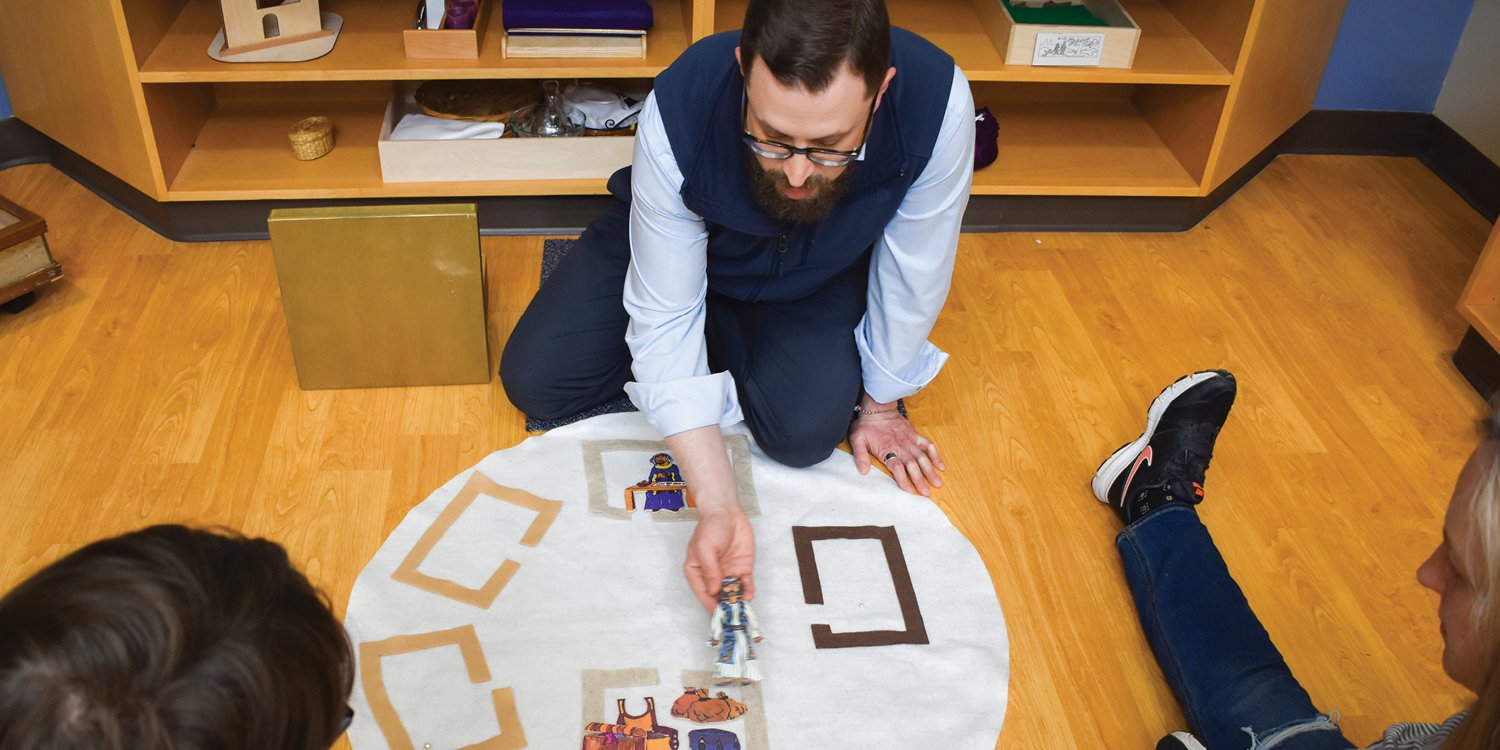
TRAINING THE NEXT GENERATION OF HOSPITAL CHAPLAINS
For more than two decades, the Rev. Melissa Walker-Luckett has made a career of training the next generation of hospital chaplains.
She’s teaching them how to be a calming presence for patients, families and team members during vulnerable and traumatic moments. She’s teaching them to be a friendly face in the hospital’s maze of hallways and floors. And she’s teaching them to listen deeply to the meaning behind what people are saying.
“When I was growing up, I felt called to ministry, but in my denomination, the church wasn’t a place at the time where women could be leaders,” said Melissa, who manages the Clinical Pastoral Education program at Children’s Health℠. “A professor recommended I look into becoming a chaplain, and I quickly realized that I felt comfortable and drawn to working with patients and their families.”
A leader in training hospital chaplains, Children’s Health is one of only four pediatric centers listed — and the only pediatric hospital in Texas — accredited by the Association for Clinical Pastoral Education to offer spiritual education, training and professional development for clergy and other professionals.
In 2021, Melissa was named the holder of the Chaplain Priscilla Wood Neaves Chair in Clinical Pastoral Education. The endowment — established in 2014 by Dr. William B. Neaves in honor of his wife, Priscilla, a former chaplain at Children’s Health — supports clinical pastoral education needs.
Since being named the endowment holder, Melissa and Dr. Neaves have become email pals with Melissa giving updates on the clinical pastoral education program and Dr. Neaves sending photos he took during the holidays of cardinals — Priscilla’s favorite bird. He also sent Melissa a book of meditations and sermons by Priscilla.
“I opened the book, and I was struck by how similar her story was to mine,” said Melissa, adding that they were both women in ministry during a time when there were few and were trained by the same person to become hospital chaplains. “Even though we never met, I feel a sort of kinship with her, and I feel very privileged for our department to benefit from this generous gift.”
Spiritual Care and Education is an essential offering in the hospital that is not a revenue generating department, and philanthropic support is critical to supporting its services. The department relies on donors who believe in the impact hospital chaplains have on patients, families and team members. As part of the Clinical Pastoral Education program at Children’s Health, Melissa trains not only people working to become hospital chaplains but also ordained and lay spiritual care providers who minister in their local congregation.
“And by extension, that means at Children’s Health, we’re making life better for children in our hospitals and in the broader community,” Melissa said.
